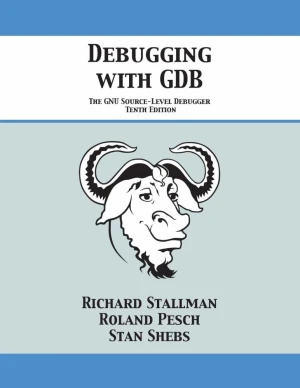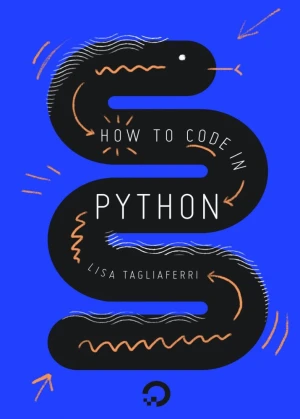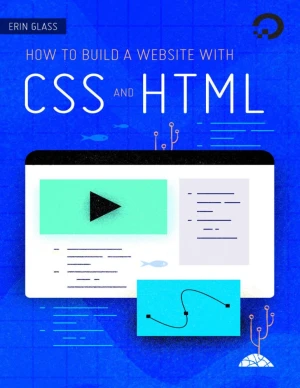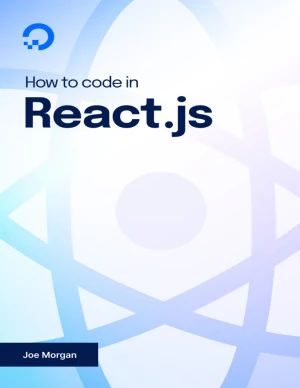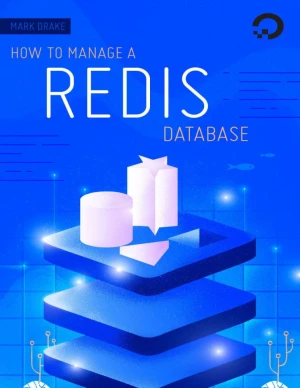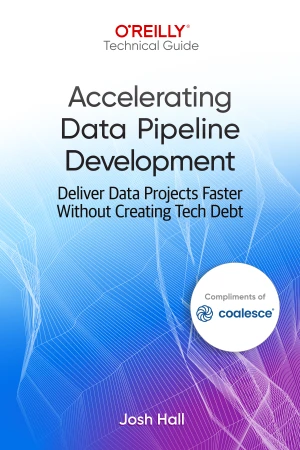Migrating to Microservice Databases
From Relational Monolith to Distributed Data
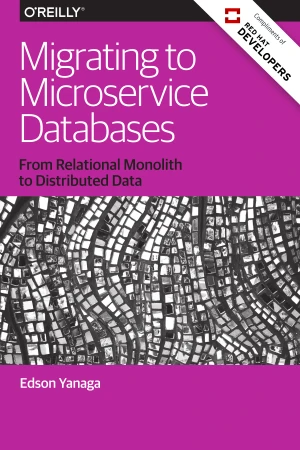
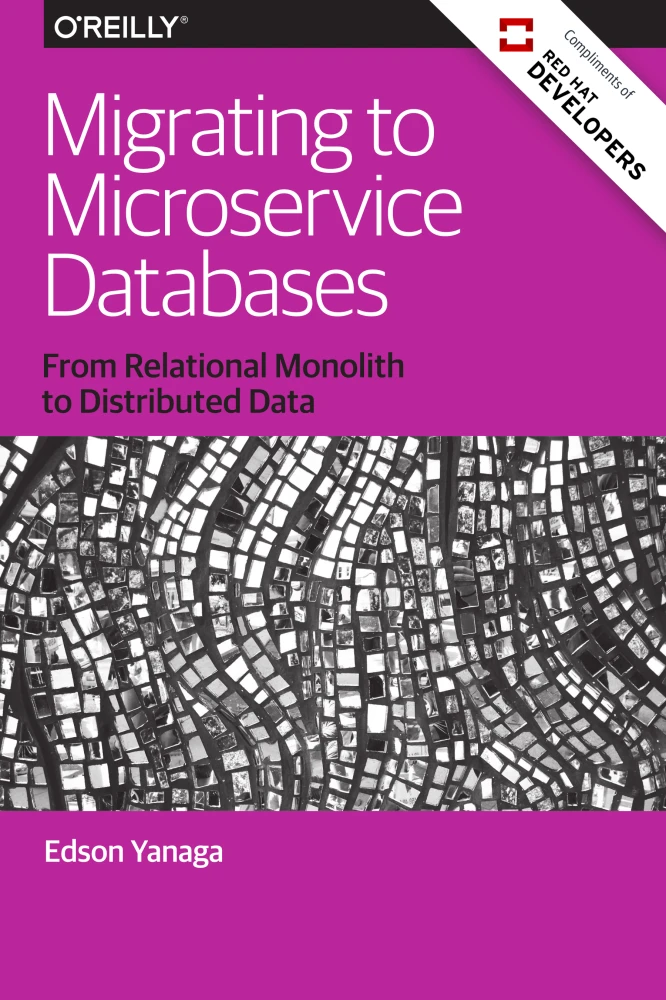
Book Details
| Author | Edson Yanaga |
| Publisher | O'Reilly Media |
| Published | 2017 |
| Edition | 1st |
| Paperback | 72 pages |
| Language | English |
| ISBN-13 | 9781492048824, 9781491971864 |
| ISBN-10 | 1492048828, 149197186X |
| License | Compliments of Red Hat |
Book Description
After years of researching, coding, and talking about microservices, Edson Yanaga - Red Hat's Director of Developer Experience - hears one question frequently: how do I evolve my monolithic legacy database? In this practical report, Yanaga explains strategies for dealing with your relational database when migrating from a monolithic codebase to a microservices architecture. In the process, you'll focus on one key microservices characteristic: decentralized data management.
For many enterprise application developers, microservices are good for splitting up unwieldy codebases into smaller, well-defined, cohesive, and loosely coupled artifacts - an architecture that can simplify and accelerate new software releases. You'll learn successful strategies for integrating data between your existing monolithic application and your new microservice artifacts.
- Learn how zero downtime migrations enable you to deploy new code without disrupting user activity
- Evolve your relational database by keeping specific versions of application code and database schemas in the same code repository
- Understand the distinction behind the CRUD pattern and CQRS - including the consistency models involved in distributed systems
- Explore a set of nine strategies for integrating data from your monolithic application to a microservice architecture
This book is published as open-access, which means it is freely available to read, download, and share without restrictions.
If you enjoyed the book and would like to support the author, you can purchase a printed copy (hardcover or paperback) from official retailers.
Download and Read Links
Share this Book
[localhost]# find . -name "*Similar_Books*"
Debugging with GDB, 10th Edition
The GNU Debugger allows you to see what is going on "inside" a program while it executes - or what a program was doing at the moment it crashed. GDB supports C, C++, Java, Fortran and Assembly among other languages; it is also designed to work closely with the GNU Compiler Collection (GCC). The GNU Debugger Program has four special features that he
How To Code in Python 3
Extremely versatile and popular among developers, Python is a good general-purpose language that can be used in a variety of applications. For those with an understanding of English, Python is a very humanreadable programming language, allowing for quick comprehension. Because Python supports multiple styles including scripting and object-oriented
How To Build a Website With CSS and HTML
This project-based eBook will introduce you to Cascading Style Sheets (CSS), a stylesheet language used to control the presentation of websites, by building a personal website using our demonstration site as a model. Though our demonstration site features Sammy the Shark, you can switch out Sammy's information with your own if you wish to personali
How To Code in React.js
This open book is an introduction to React that works from the foundations upward. Each chapter takes you a little deeper into the React ecosystem, building on your previous knowledge. Along the way, you'll learn how to maintain internal state, pass information between parts of an application, and explore different options for styling your applicat
How To Manage a Redis Database
This book aims to provide an approachable introduction to Redis concepts by outlining many of the key-value store's commands so readers can learn their patterns and syntax, thus building up readers' understanding gradually. The goal for this book is to serve as an introduction to Redis for those interested in getting started with it, or key-value s
Accelerating Data Pipeline Development
Today's data engineering teams are overwhelmed - juggling fire drills and endless requests while relying on manual, repetitive processes for building data pipelines. This much-needed tech guide from author Josh Hall introduces a practical approach to streamlining pipeline development, empowering teams to work smarter, not harder. Using Coalesce, a

